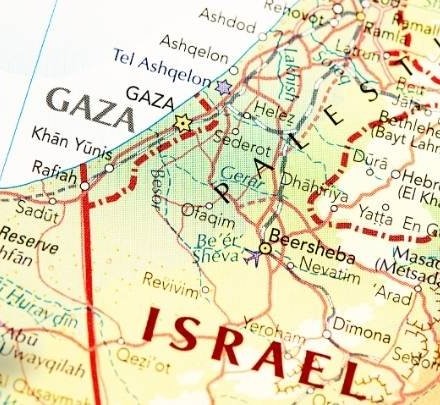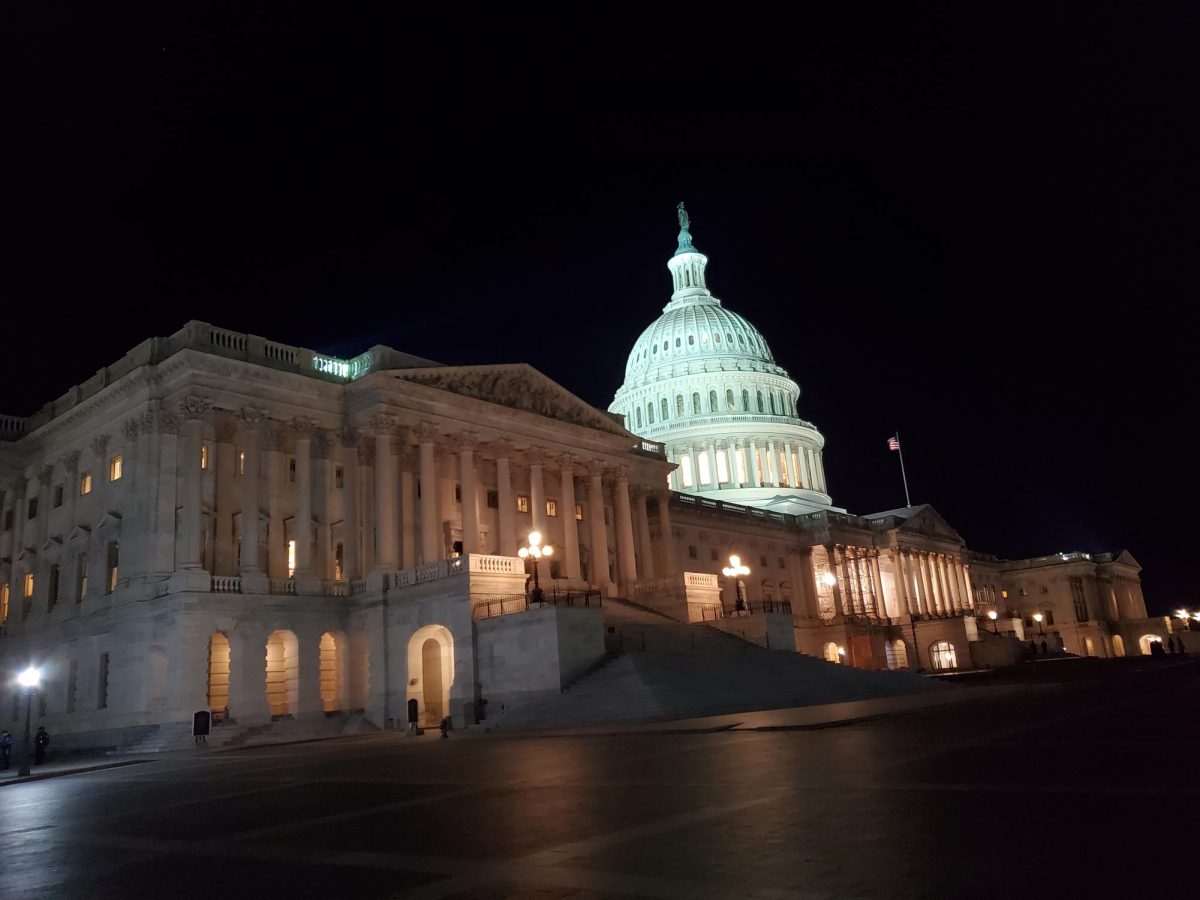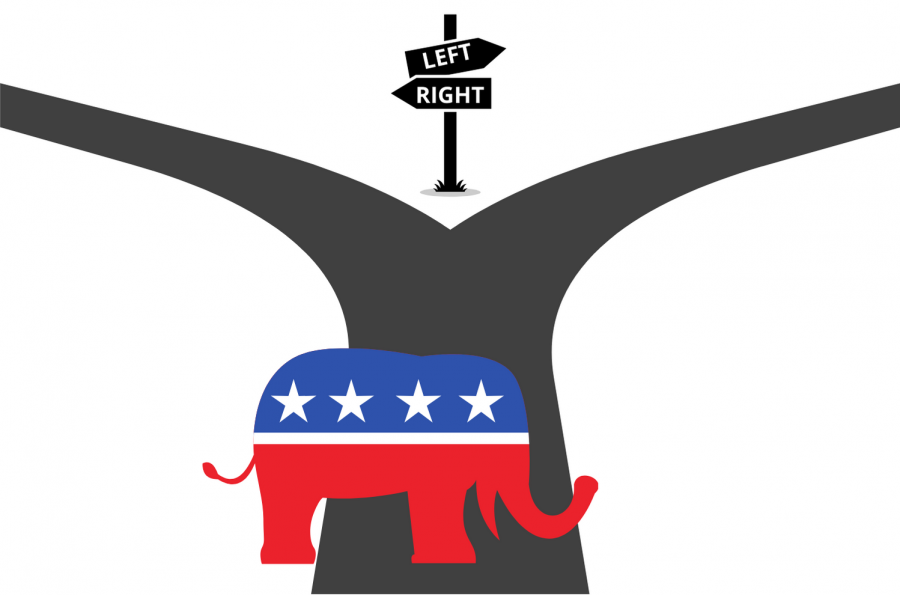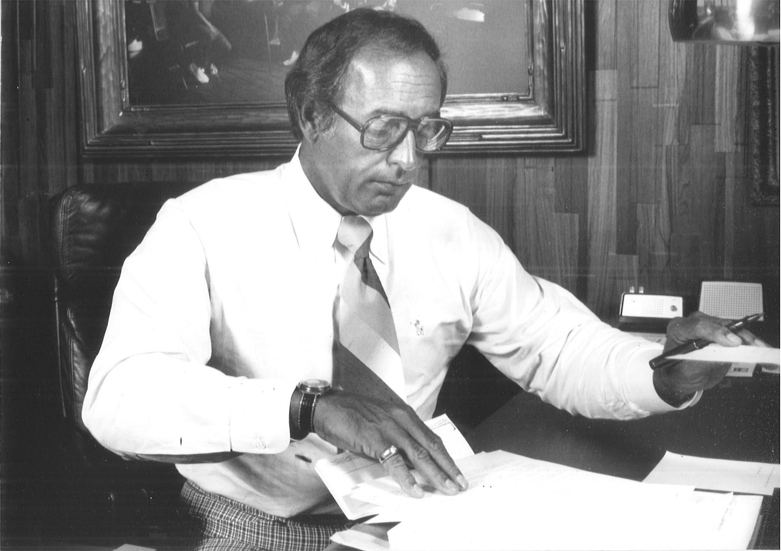Tens of thousands of people have been displaced due to the fighting going on in the northern territories of Mali between government forces and Tuareg rebels.
Many of those displaced are fleeing to the capital city of Bamako, where it is becoming increasingly difficult to find shelter, water and food, and work is scarce. The rise in population has also prompted a decline in health services and a rise in food prices. The conflict has caused many international aid organizations to suspend their activities in the regions where fighting is going on, rendering those still trapped in the north unable to receive aid.
Despite having escaped the conflict torn northern territories, the refugees are far from being at peace. Al Husseini, a pastoralist from the lands surrounding Tessalit, a city close to Mali’s border with Algeria, says that the capital city of Bamako is very foreign to him and that he is afraid to wander the streets.
Al Husseini says, “Now we are no longer happy. Before, we were joyous. We had music. Now we don’t have anything.”
About two weeks ago, the French militarily intervened in Mali. The combined Malian and French forces have been able to recapture much of the territories that had been taken over by rebels. Very few, if any, journalists have been kept abreast of the operations and are granted only tidbits on logistics, which has been the cause of much dissatisfaction for the international media organization Reporters Without Borders.
“In times of conflict, it is up to journalists and the media, and not the military, to determine the risks that they are willing to take to gather information,” Reporters Without Borders commented.
Although foreign intervention is controversial for many Malians, France has committed to supporting a 2,000 strong force of troops from other West African nations to take over from French troops once the territory that has been re-taken from the rebels. Furthermore, the French president, Francois Hollande says that the campaign in Mali will last as long as it is necessary.






